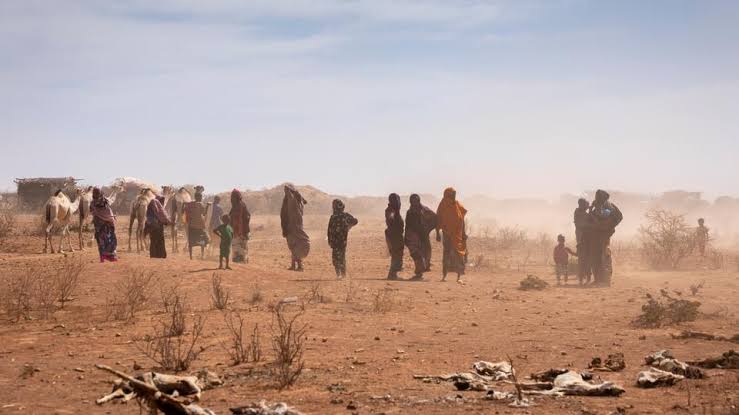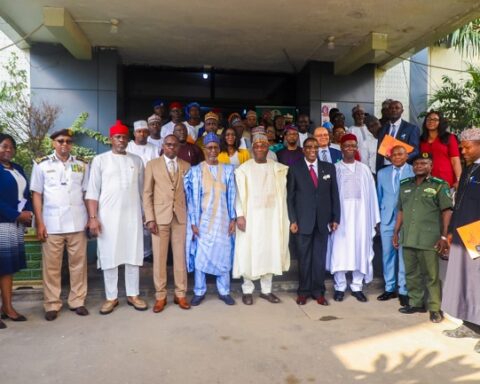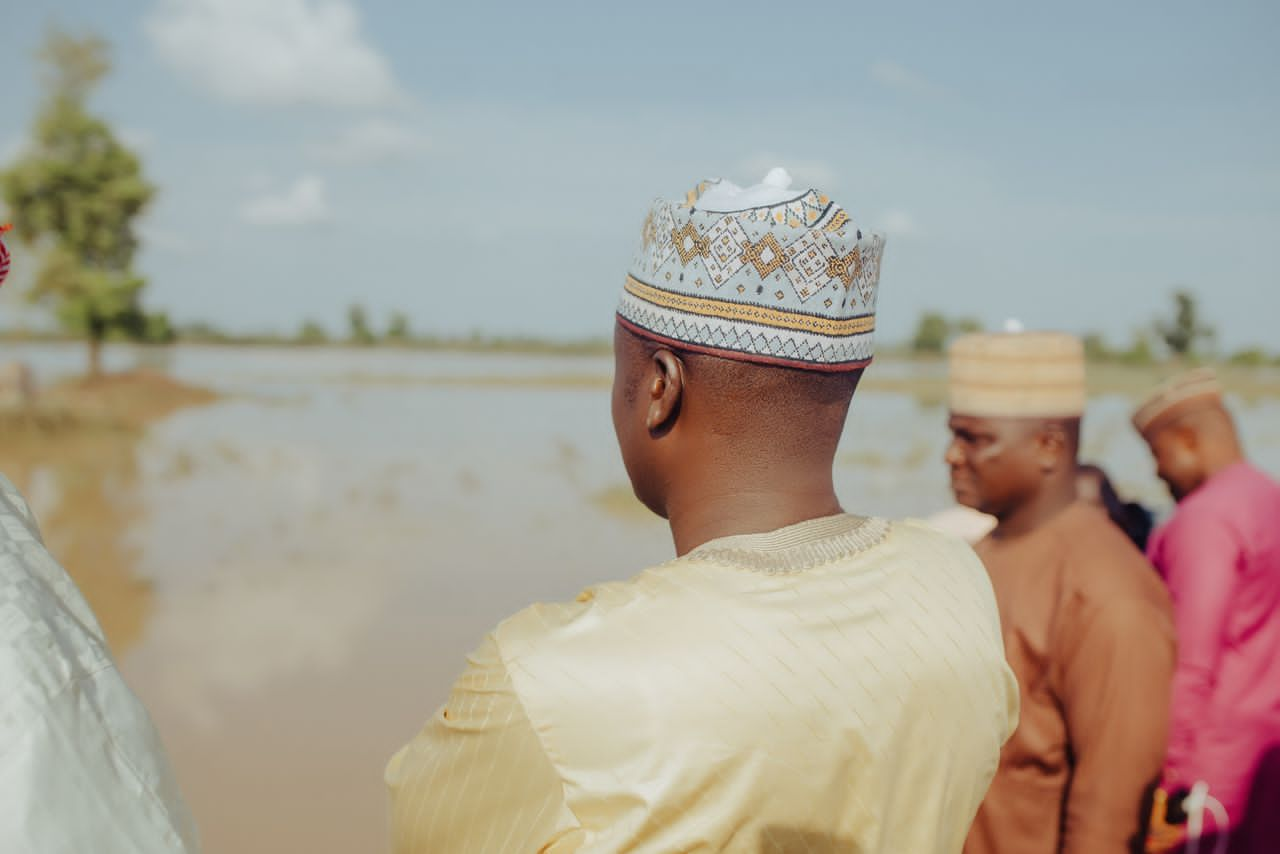The UN humanitarian agencies have said that no fewer than 60 million people in the Horn of Africa were in urgent need of humanitarian assistance.
The World Health Organisation’s (WHO) incident manager for the greater Horn of Africa emergency Liesbeth Aelbrecht, in a statement that children in the area were also in urgent need.
According to him, “About five million children under the age of five years were estimated to be facing acute malnutrition in 2023 in the Horn region, in the Greater Horn.
“That is about 10.4 million, and that is a staggering figure.
“What our colleagues are seeing in clinics and in hospitals, since the beginning of this year, are the highest level of severely malnourished children who are now coming to these facilities with medical complications since the crisis began three years ago,” it stated.
World Food Programme (WFP) Senior Emergency Officer, Dominique Ferretti, said that almost three years of drought had given way to rains and devastating flash floods.
The result was the highest number of reported disease outbreaks in the greater Horn of Africa so far this century. Their frequency can be linked directly to extreme climate events, according to the UN health agency.
Aelbrecht noted ongoing outbreaks of cholera and measles, together with “very high numbers” last year and this year, including malaria cases.
“So, with the impact of flooding, we see these diseases worsening. Malaria, I would like to remind you, is one of the biggest killers in the region.”
The 60 million severely food insecure include more than 15 million women of reproductive age, 5.6 million adolescent girls, and close to 1.1 million pregnant women.
Close to 360,000 of them are expected to give birth in the next three months, according to the United Nations Population Fund (UNFPA).
“While we just concluded a rainy season which performed better than predicted, one rainy season is not enough to bring an end to the crisis.”
Although long-awaited rains arrived in March across the eight-member Intergovernmental Authority on Development (IGAD) region encompassing Djibouti, Eritrea, Ethiopia, Kenya, Somalia, South Sudan, Sudan, and Uganda – and with it the hope of relief, flash-flooding inundated homes and farmland, washed away livestock and closed schools and health facilities.
Women who are forced to look for food just to survive “do so at the expense of their own health,” Michael Ebele, UNFPA Regional Humanitarian Adviser for East and Southern Africa, said.
“So, we are seeing pregnant women not being able to go for antenatal care, not attending to other illnesses they may be having. And then, that comes with risks of complications…then the risks of maternal deaths increase.”
Malnutrition among pregnant and lactating mothers has put their unborn and breast-feeding children at risk of malnutrition and propagates malnutrition through entire life cycles in communities.
Malnourished mothers are also less able to withstand complications in pregnancy which put them at greater risk of losing their child.
“Because of the limited amount of resources, we have seen an increase in the risks of survival sex,” Ebele said, “increasing the risk of sexual exploitation and abuse, particularly of women and girls”.
By Dare Akogun








